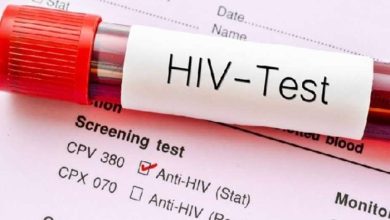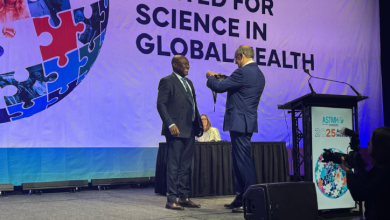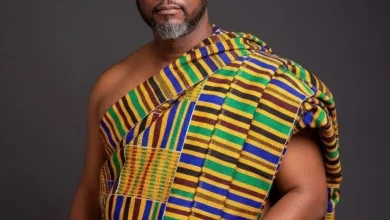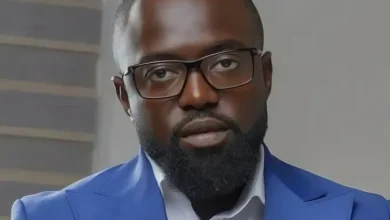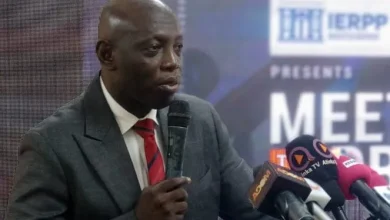US Government moves to break up Meta: What Ghana and Africa can learn
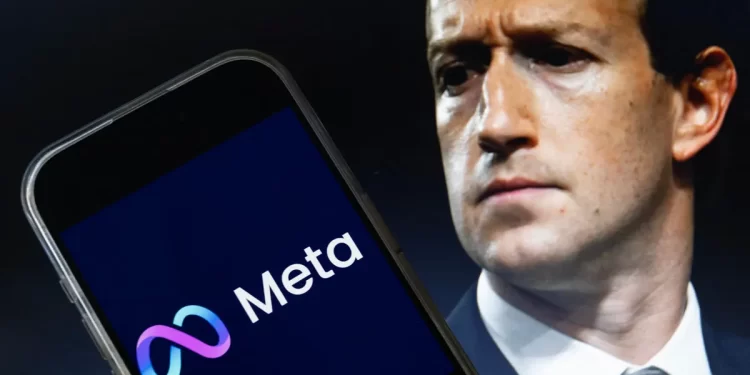
The United States government, through its Federal Trade Commission (FTC) and the Department of Justice (DOJ), has intensified efforts to rein in the power of global tech giant Meta—the parent company of Facebook, Instagram, and WhatsApp.
The ongoing legal battle, which officially began in a Washington courtroom on Monday, could result in Meta being forced to separate from Instagram and WhatsApp.
Why Is Meta in Court?
The FTC argues that Meta (formerly Facebook) built its dominance in the social media industry by buying out emerging rivals like Instagram in 2012 and WhatsApp in 2014. These acquisitions, the FTC says, were not just business deals—they were strategic moves to eliminate competition.
Internal emails, including one from CEO Mark Zuckerberg, are being used as evidence that Meta aimed to “neutralize a potential competitor” by acquiring Instagram.
This case, which is expected to last nearly two months, could lead to the biggest forced breakup of a tech company since the dismantling of AT&T in the 1980s.
What Does the FTC Want?
The FTC believes that to restore competition, Meta must be required to undo the acquisitions and spin off Instagram and WhatsApp as separate, independent companies. Regulators argue that Meta’s grip on the market has allowed it to lower the quality of its services and weaken privacy protections for users.
They believe that breaking up Meta could open the door for smaller tech companies to thrive—especially in a time when digital tools and platforms are critical to communication, trade, and civic engagement.
How Meta is Defending Itself
Meta’s legal team insists that it has always played by the rules and that it is being unfairly targeted for its success. They point out that U.S. regulators approved the acquisitions over a decade ago and say the social media landscape has since changed dramatically, with stiff competition from apps like TikTok, Snapchat, and Elon Musk’s X (formerly Twitter).
Meta argues that the FTC’s lawsuit threatens innovation and sends a dangerous message to businesses around the world.
What This Means for Ghana and Africa
Meta’s platforms are a major part of daily life across Ghana and the continent. WhatsApp is used for everything from business communication to family group chats. Instagram and Facebook serve as vital tools for marketing, activism, and entertainment.
A forced breakup could mean changes in how these platforms function together, which could impact digital marketers, influencers, and content creators here in Ghana.
On the flip side, more competition in the social media space could encourage the growth of homegrown African platforms—tools built with local context, languages, and needs in mind. It could also serve as a cautionary tale for African regulators and businesses as digital technology becomes central to our economies.
Politics and Power
This case also carries heavy political undertones. Although it began under former U.S. President Donald Trump’s first term, there is renewed attention because of Zuckerberg’s recent efforts to build stronger ties with Trump. Reports suggest Zuckerberg has visited Trump’s Florida residence, donated to his causes, and even made policy changes—such as ending Meta’s fact-checking programs—that align with Trump’s priorities.
Some speculate that Trump, now president again, might settle the case. However, FTC officials say they are fully prepared to take Meta to task—unless the president legally instructs otherwise.
Final Thoughts
Whether you’re a tech entrepreneur, digital marketer, or everyday user of social media in Ghana, this trial could have ripple effects across the digital world. It’s a pivotal moment that raises big questions about power, innovation, and fairness in the global tech space.


